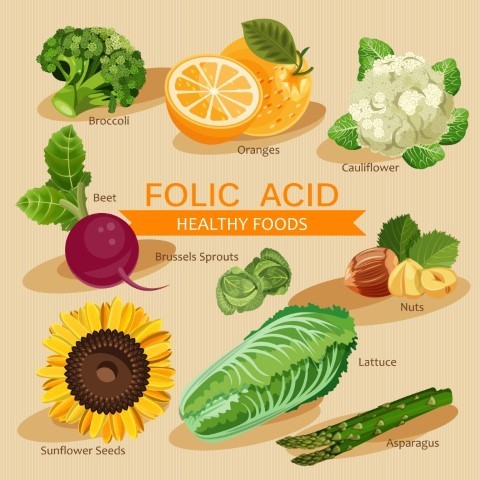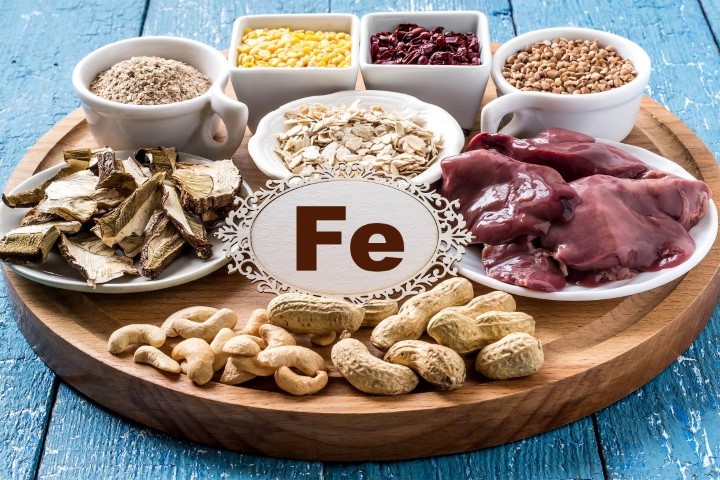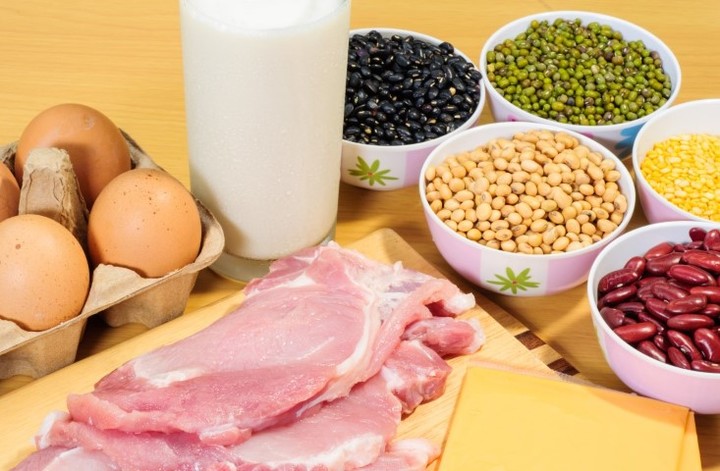Site Tech Apr 27 7 minutes, 3 seconds
180 views 0 Comments 0 Likes 0 Reviews

Pregnancy Nutrition Tips
Your baby gets what you eat. Here are some tips to help you eat what your growing baby and your accommodating body needs.
A balanced diet is needed always; it becomes even more important if you are pregnant or planning to conceive.
Here are must haves for a mom-to-be:
Folic acid:
Is one most important nutrient which a mom-to-be should never miss.
Folic acid deficiencies may lead to brain and spinal cord defects in the newborn.
Folic acid deficiency causes anemia
Folic acid is needed for the replication and functioning of DNA, which is the basic building block of human body.
Folic acid may prevent birth defects like cleft lip, cleft palate and heart defects.
Sources:
Green leafy vegetables especially spinach, citrus fruits, beans and legumes are powerhouses of folic acid.
Tip:
Pregnancy may bring in certain cravings. How about giving them healthy routes?
Eg. If you crave for sweet corn, give it a more healthy twist with a sweet corn-spinach curry.
Iron: 
We cannot do without Oxygen. Haemoglobin, a red blood component carries Oxygen to all body parts. Iron is a major component of Haemoglobin. The Iron requirement is doubled in pregnancy.
Iron deficiency leads to anemia, fatigue, shortness of breath, irritability and complications such as premature birth and low birth weight.
Sources:
Beef/chicken liver, mussels, oysters, green leafy vegetables, beans and Iron fortified grains
Tip:
Vitamin C promotes Iron absorption.
Sprinkle few drops of lemon over your favorite Iron booster or sip an orange juice along.
Calcium:

Calcium is vital for bone health.
Your baby needs Calcium for developing strong bones, healthy teeth, healthy heart, nerves and muscles.
Sources:
Milk and milk products, fortified cereals such as corn flakes
Tip:
Pregnancy may bring in milk aversion for some. Flavored yoghurt or fruit milkshake could be your favorite alternatives.
Vitamin D

Calcium and Vitamin D go hand in hand.
Vitamin D is needed for Calcium absorption. It facilitates normal mineralisation of bone.
Deficiency of Vitamin D may lead to bone deformities and weak bones in the developing baby. It’s also associated with pregnancy complications which may need a C-section.
Sources:
Fatty fish such as salmon and tuna and fish liver oils
Tip:
Meet Sun at noon. You will produce natural Vitamin D.
If you have a fair skin, be in Sun till your skin changes to a lighter shade of pink, more than this will burn your skin. Shift to shade thereafter immediately.
DHA

DHA is needed for the brain, nerve and visual development of the baby.
Higher consumption of DHA in pregnancy is known to lower birth complications. It also improves mother’s health.
Sources:
Sea food, cold water fishes and blue green algae
Tip:
Nausea or morning sickness is common in pregnancy. In some it may be so high as to prevent the food intake. Sun dried amla is known to control nausea. Have it as and when you feel nauseated.

Protein
Protein is one of the building blocks of human body.
Protein is needed for building hair, skin, muscle and even bones. Protein is also needed for building baby weight.
Sources:
Beans, Milk, Tofu, lean meat, poultry and fish
Tip:
During pregnancy, you may not be able to eat like before. Small frequent meals are just ideal for both, your baby and you. Keep healthy snacks handy by the bedside or wherever you spend most of your time.
Dietary supplements are crucial in pregnancy
Diet as a natural source of nutrients is always better, but dietary supplements are mandatory in pregnancy, to be doubly sure that your growing baby does not miss on any of the vital nutrients critical for his growth.
Taking Folic acid supplements before conception is mandatory. This will prevent neural tube defects in baby. They should be started at least one month before conception and are to be continued after confirming pregnancy.
It’s a great idea to get your Vitamin D levels checked before conception. It will give you enough time to restore your Vitamin D levels (which are critical for baby growth) if need be.
Iron and calcium supplements should have at least two hours of gap in between. This will facilitate absorption. Iron and calcium hamper the absorption of each other if taken together.
You may take Iron supplement in the mornings and Calcium supplement in the evenings.
Having a baby is a woman’s most special dream. Every mother wants to nurture that right. It’s said that what you eat when you are pregnant, is reflected in your baby’s life. If you eat right, your baby learns to eat right.
Refer “Nutrition Tips for a Healthy Life” for more information.

At our physician community, we believe in the power of purpose-driven connection.
This is more than just a network — it’s a movement to restore the excitement of the white coat. It’s a space where doctors from all specialties come together to share ideas, support one another, and spark meaningful change in healthcare.
We are united by a desire to reignite the passion that brought us into medicine — to find joy and fulfillment in our work again. Here, wellness isn’t just something we promote for our patients, but something we cultivate for ourselves. It’s a place to reconnect with purpose, rediscover your voice, and feel the strength that comes from a community of like-minded peers.
Together, we’re shaping the future of medicine — innovating, collaborating, and leading with integrity, compassion, and resilience. This is where doctors come to grow — as clinicians, as leaders, and as human beings.
Let’s bring back the spark. Let’s wear the white coat with pride — and with power.
Comments